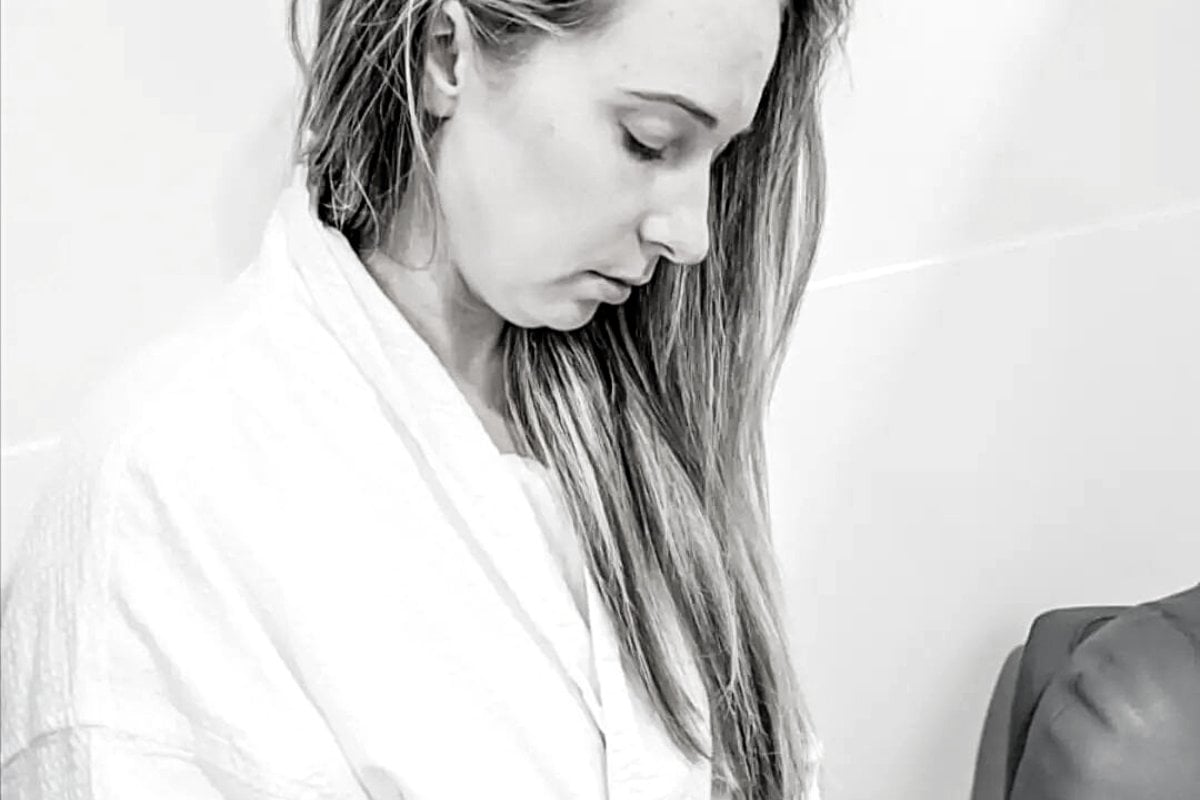
Trauma is such a heavy word. A powerful word.
It gives people a way to describe the impact an event has had on their life and makes people stop, take notice, and offer compassion.
Well, it did. Sadly, over the years I have noticed the power ebbing away from the word, due to overuse.
Because trauma is now trendy.
Everyone has trauma.
It has become an epidemic.
Watch: Clinical psychologist Dr. Ramani explains why the term 'trauma' is being overused. Story continues after video.
Trauma, post-traumatic stress disorder, triggers – all these words are now used daily and used everywhere. I remember seeing an ad for the television show A Current Affair advertising a story where the person speaks of their trauma caused by Australia Post no longer recognising their address.
In researching this article, I also heard an example where a person was traumatised because they grew up in a humid city where they had frizzy hair, students saying they could not do exams because of trauma around the elections occurring in the United States, and someone traumatised by their car breaking down.
People can now experience what they deem to be trauma through a variety of mediums. It can be through seeing a photo of a stillborn baby on Instagram, watching the news, or experiencing road rage. The potential for 'trauma' is now everywhere.

Top Comments